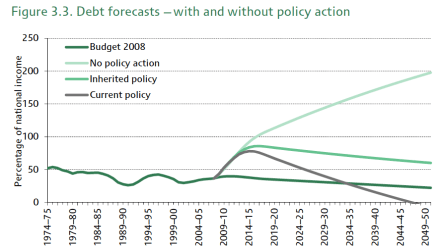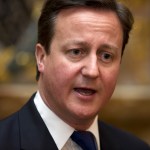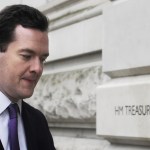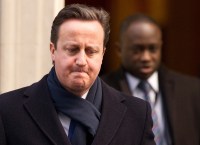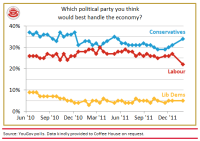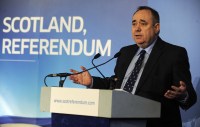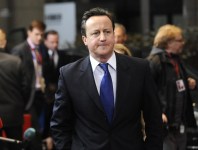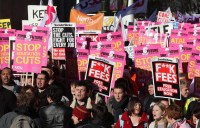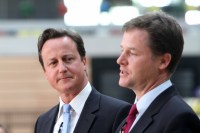Today’s NATO leak highlights the need for more realism over Afghanistan
Today’s leaked NATO report on ‘the state of the Taliban’ has generated the predictable responses: excessive attempts by the media to hype it up, and excessive attempts by NATO and the Pakistani government to play it down. What is its true significance? It’s a good scoop, but there is little or nothing in it which really counts as ‘news’ to anyone who has been following the debate. The report is the latest in a series going back several years (I remember reading earlier versions during my time in government), which summarises thousands of interviews with captured insurgents and others, in an attempt to build up a picture of the state



